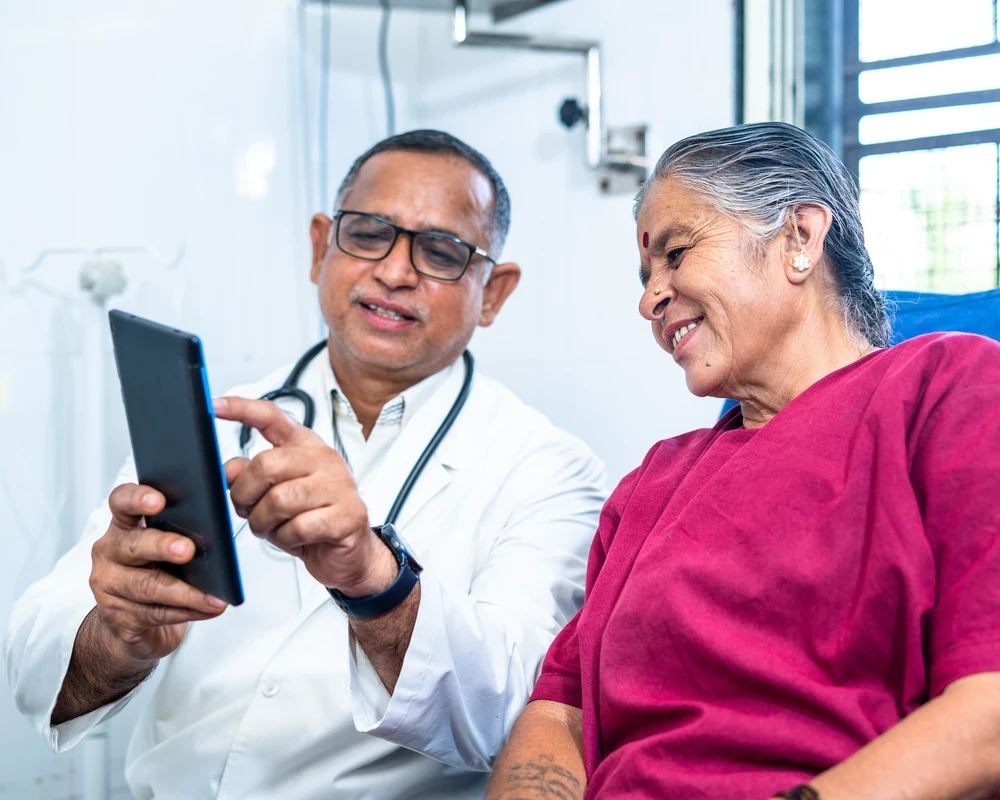How Sponsors Can Achieve Compliance in Multilingual eCOA
Sponsors and CROs can take these steps to prevent compliance issues and maintain high-quality eCOA translations that align with global regulatory standards.
Implement a Validated Translation Process
- Use forward and back translation methodologies.
- Conduct cognitive debriefing with native-language patients.
- Use expert linguistic validation for high-risk eCOA content.
Maintain Comprehensive Documentation
- Keep an audit trail of all translated materials.
- Submit a linguistic validation report with regulatory filings.
- Work with certified eCOA translation providers.
Partner with a Qualified LSP Specializing in Clinical Trials
- Adhere to evolving FDA, EMA, and ISPOR translation standards.
- Use technology-driven quality control, including automated translation memory.
- Work with language experts trained in clinical trial compliance.





